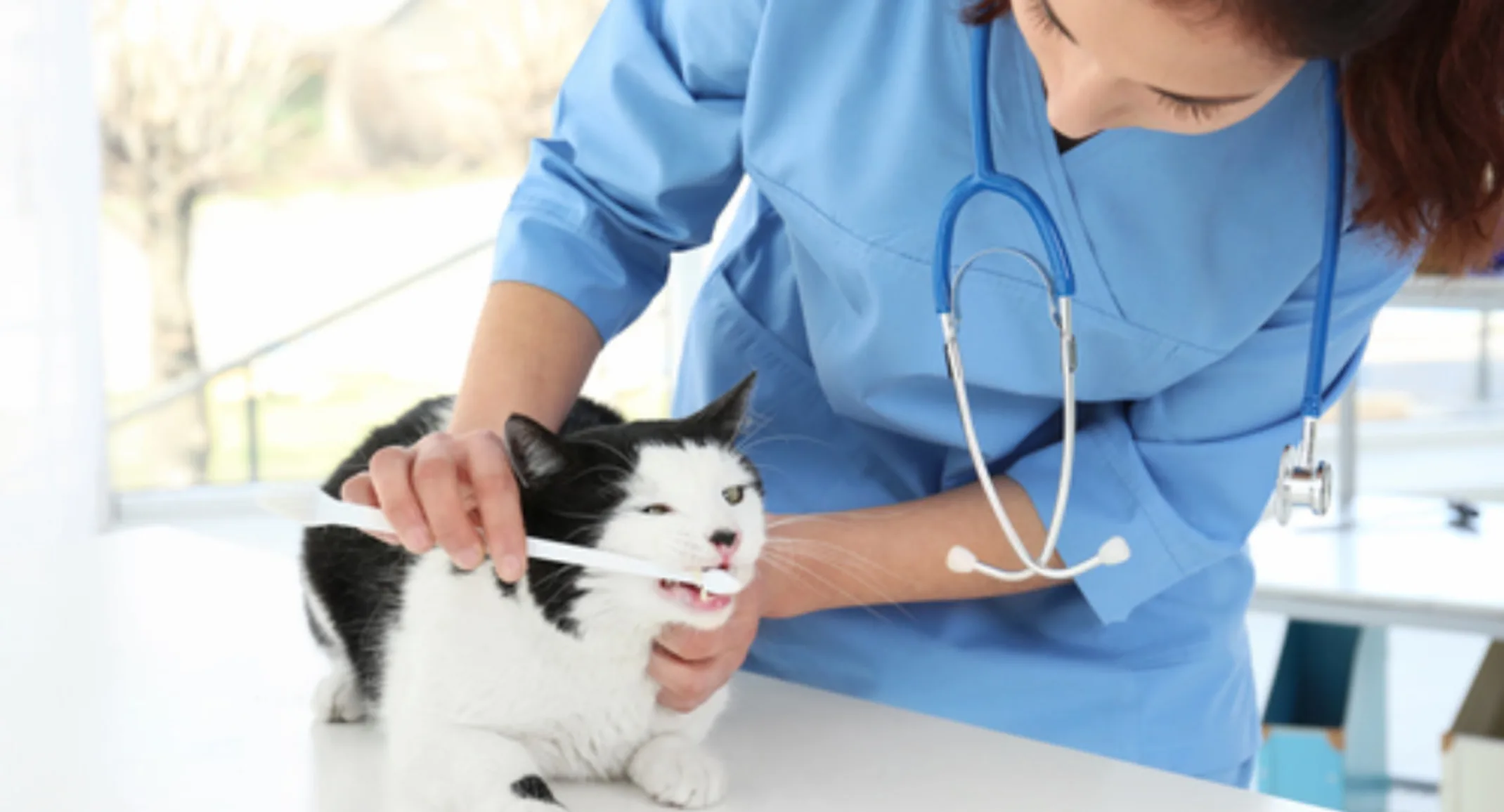The Dangers of Anesthesia-Free Pet Dental Care
Dentistry

Why is anesthesia for pet dental care so important?
Anesthesia will make your pet compliant
Despite many pets being hugely intelligent, they still do not have the same understanding as humans do. Most pet behaviors are based on repeated training and positive reinforcement, and as such, it is not fair to expect them to be able to follow a set of instructions that they will rarely hear. This can range from sitting still, to holding their mouth open for a prolonged period, to holding x-ray plates in their mouth.
Anesthesia can keep your pet safe
Pets will not understand the importance of remaining completely still during the procedure. Any movement at all can make it very difficult for the vet to complete the procedures to the best of their ability. It is also important to remember that some of the tools which are used in your pet’s treatment may be sharp, and if they move suddenly, there is a high risk of injury.
By using anesthesia, your vet will be able to complete any necessary work safely and to a high standard, ensuring that all dental problems are dealt with and your pet is at minimal risk of complications.
Anesthesia can keep your pet calm and comfortable
Dental treatments can be highly stressful for many adults who are perfectly aware of what is happening and why. Imagine how frightening dental procedures would be to a pet who has absolutely no concept of why they are being restrained in an uncomfortable position, in an unfamiliar environment, and why a stranger is putting strange and scary-looking objects into their mouth.
By using anesthesia, your vet can ensure that dental work can be completed with virtually no stress to your pet. He/she will not remember anything of the procedure and will wake up ready to be fussed over in the recovery room.
Anesthesia allows your vet to do a better job
Anesthesia-free pet dental treatments are well known for being substandard. This is usually due to non-compliance by the animal, preventing the vet from doing a very thorough job of assessing and treating dental problems. This can cause the problem to re-occur, become more expensive and leave your pet suffering from pain and debilitation.
Performing any dental treatment under anesthesia gives your vet the time to perform to the best of their ability, giving your pet the best possible outcome from their care.
We think you will agree that the dangers of anesthesia-free pet dental care are simply too great to risk. By opting to put your pet to sleep for his dental procedures, you can rest assured that neither his health nor care will be compromised as a result of the procedure.

